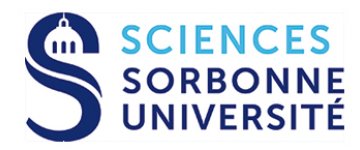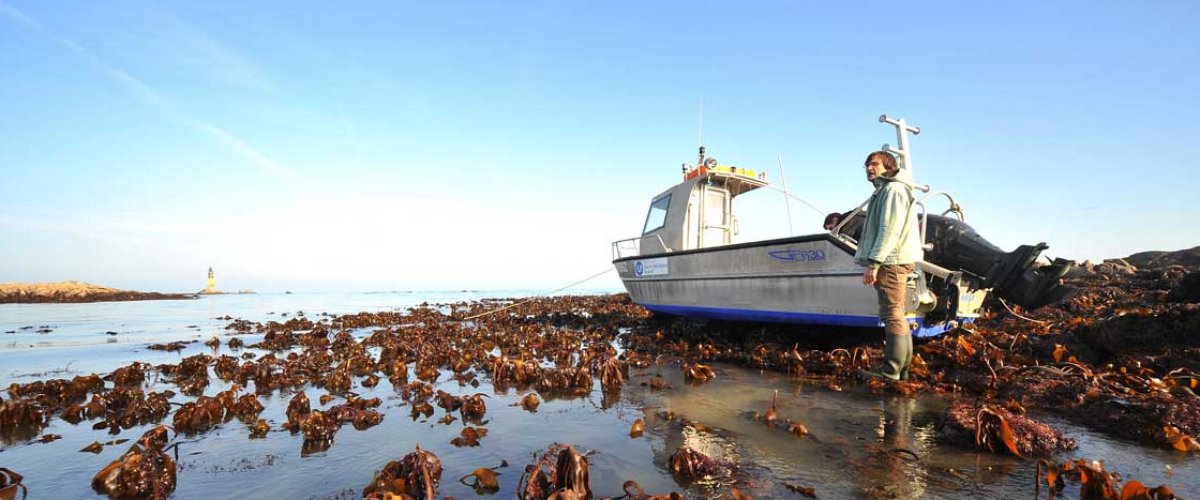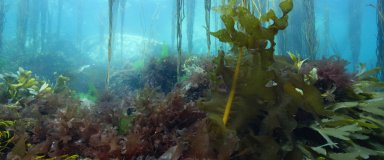Presentation of LBI2M
The Laboratory of Integrative Biologie of Marine Models [LBI2M CNRS-UPMC] is a interdisciplinary research unit (biology/chemistry/ecology) whose interests are focused on a large range of marine organisms, such as metazoans, macroalgae and marine bacteria that are in general qualified as emerging biological models
Our Objectifs
Study the biology of living organisms with an original point of view in respect to established models.
Metazoan, macroalgae and marine bacteria are models that belong to independant evolutionary branches in the tree of life. These model organisms thus offer the perspective to study fundamental biological processes in the light of evolution and even to test novel evolutionary scenarios. Our studies are focussed on the following models : red and brown algae (Ectocarpus subtulatus, Laminaria digitata and Chondrus crispus), sea urchin, la lamprey and the marine bacterial phyla of Vibrio and Zobellia.
One of the objectifs of LBI2M is also to initiate or to reinforce transveral actions of common approaches (such as functional and comparative genomics, metagenomics, genetics and structural biology) and multidisciplinary scientific interactions.
One of our short term objectives is to reinforce the interface between biology and mathematics in the aim of integrating our biological data through mathematic models into a systems biology approach.
IDEALG and the André Picard Network
L’unité porte le projet Investissement d’avenir IDEALG « Bioressources et biotechnologies pour la valorisation de macroalgues marines » , et est impliquée dans le réseau André Picard de l’UPMC sur la biologie du développement
3 thématiques
Nos recherches s’inscrivent principalement dans les trois thématiques suivantes :
- Les processus développementaux et le cycle cellulaire
- La physiologie et le métabolisme
- Les interactions biotiques et abiotiques avec l’environnement
Le fil rouge des recherches menées au sein des équipes de l’unité est d’une part le développement d’approches intégratives et d’autre part un positionnement de nos questions biologiques dans une démarche "de la cellule à l'organisme dans un environnement marin ".








